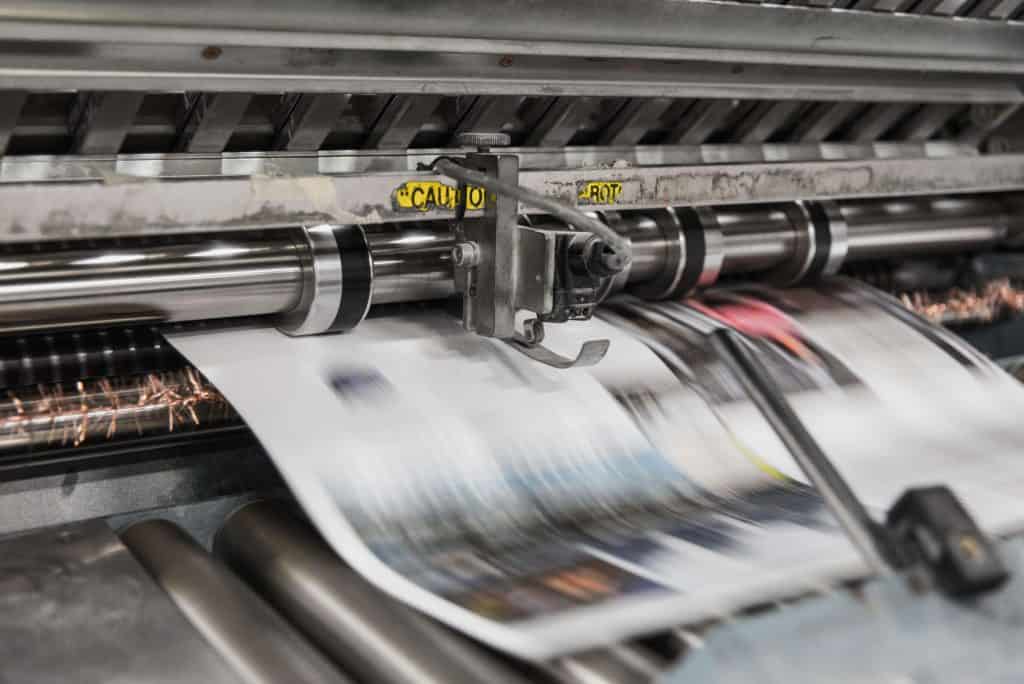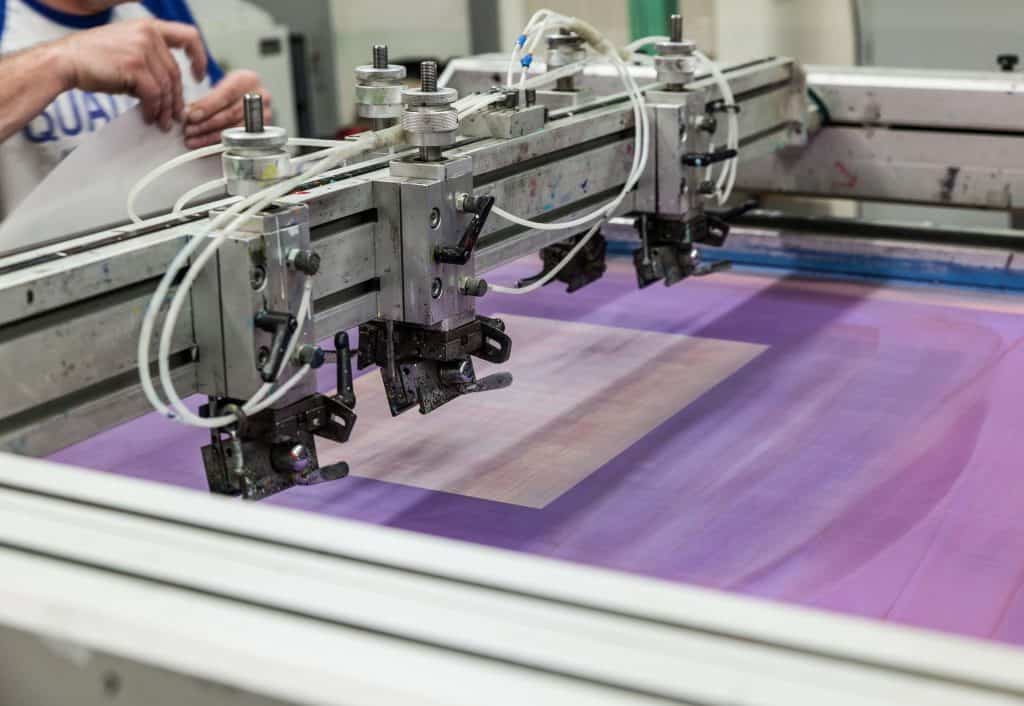Plotter is most often associated with printing, although the possibilities of this device are much wider and today it is used in many areas.
Movie poster, construction project, billboard by the roadside, t-shirt with print or three-dimensional company logo – what do they all have in common? Most likely they were made entirely or partially with a plotter.
Let us start by explaining what plotter actually is. To put it simply, it is a peripheral computer device, which is used to process flat materials with a large surface area. And although it owes its name to English plot (to draw), modern plotters, apart from printing, can also cut and engrave. Plotters can be divided according to their structure, function or printing technique. They are widely used e.g. in industry, printing, advertising agencies, graphic or architectural studios.
Plotters are divided into several types and may differ in construction, mode of operation, printing technique or function. In terms of construction we distinguish plotters:

By function, plotters are divided into:
Most types can be distinguished among printing plotters. The criterion here is the printing technique, i.e. the way the image is transferred onto the material. First of all, there are plotters
Apart from the above-mentioned plotters, we can find drawing, writing, thermal or sublimation plotters, as well as those that combine various functions, e.g. printing-cutting or engraving-printing.

Plotters are mainly used by printers, advertising agencies, surveyors, cartographers, designers, architects, graphic artists and photographers. They are also widely used in many industries outside of these mentioned above. Projects and objects made with the help of plotters accompany us in one way or another almost at every step. These are among others:
Plotters are also used for incising and cutting shapes in self-adhesive foil, styrofoam, stone, wood, for preparing iron-on clothing or for cutting out elements of clothes and shoes.

Since the plotter is a peripheral device, it will not work without a computer and proper configuration, and this may require professional knowledge and preparation. Additionally, the large size and cost of purchasing and operating the device make plotters not as affordable as classic printers and not suitable for home use.
If you need a plotter for one-off or less massive projects, you can outsource them to specialized companies. When you know that you need a plotter for your daily work, you can think about buying your own device. However, make sure that you make a conscious and well thought-out purchase.